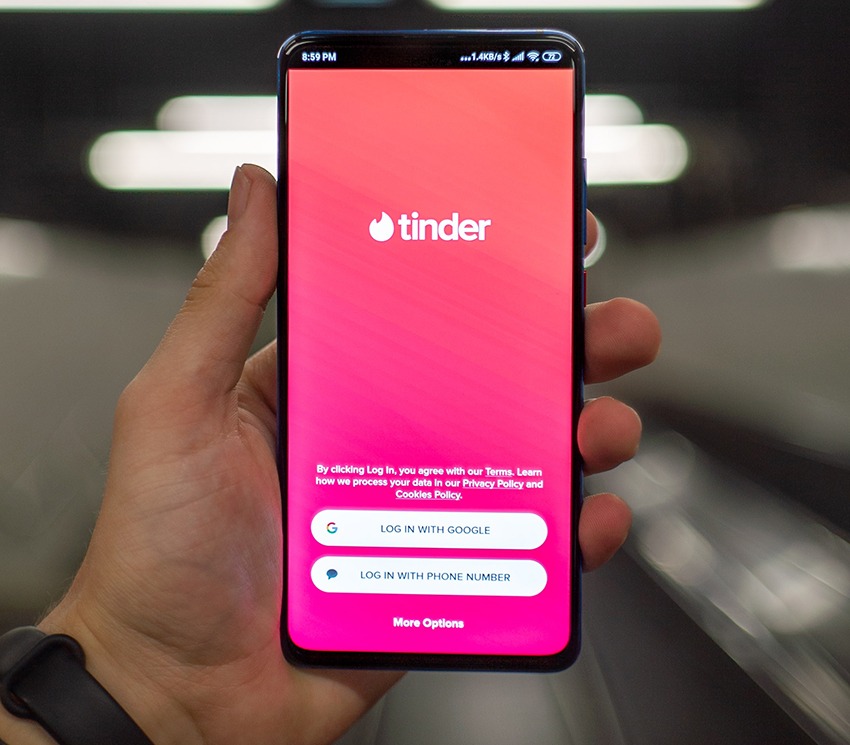What is considered love these days? And how do you find it? Social media and apps make it easy to make connections but could using dating apps be damaging to our mental health?
Probably the best known dating app is Tinder which connects people based on the swipe interface: swipe right to like someone or left to pass. If both users like each other, then it will automatically create a chat for them to begin interacting. As a result, the dating app has gained a reputation as a ‘hook-up app’ as it matches people based on physical attraction.
However, behaviours such as ‘ghosting’ have also emerged. Ghosting is when someone suddenly putting an end to all communication with the other person and has been described by some psychologists as “a form of emotional cruelty, deepening feelings of abandonment and desertion”.
As a result dating can seem as quite challenging and risky, particularly as hook-up culture is still very much prominent.
Caroline Harper, a specialist mental health nurse at Bupa UK said: “Rejection can also play a part in dating apps, and these can leave you feeling low or anxious. They can wreak havoc on low self-esteem too. Although having low self-esteem isn’t a mental health issue itself, it can increase feelings of stress, depression, and anxiety”.
Tinder has been downloaded over 400 million times and is available in 190 countries and in over 40 languages. It is also said that 1.5 million of its users go on dates per week.
As of September 2021, according to the Tinder, 27 per cent of users in the UK are aged 18-24 and 28 per cent aged 25-34.
A student who wished to remain anonymous said: “I personally love the idea of dating apps. I don’t know, it’s exciting and a bit of a laugh. I actually met my partner through Tinder, so I’ve had a good experience with it.”
But heavy use of social media in general can be detrimental to one’s mental health, especially when some students feel they have to live up to certain expectations, whether it is with their appearance, to attract certain people or even their personality or the way they behave.
A student who also did not want to be named said: “I used to have Tinder, but it got a bit boring. I also started to get slightly self-conscious as I wasn’t getting many matches. It just wasn’t for me.”
Despite not being for everyone, Harper has shared her tips on how we can achieve a healthy relationship with dating apps. “You are not your profile. Take a break. Be kind to yourself. Unfollow and tune out,” she said.
If you are struggling with any of the issues raised in this article KU offers a range of health and wellbeing services. Email the Student Wellbeing Group at health@kingston.ac.uk or visit their site.

